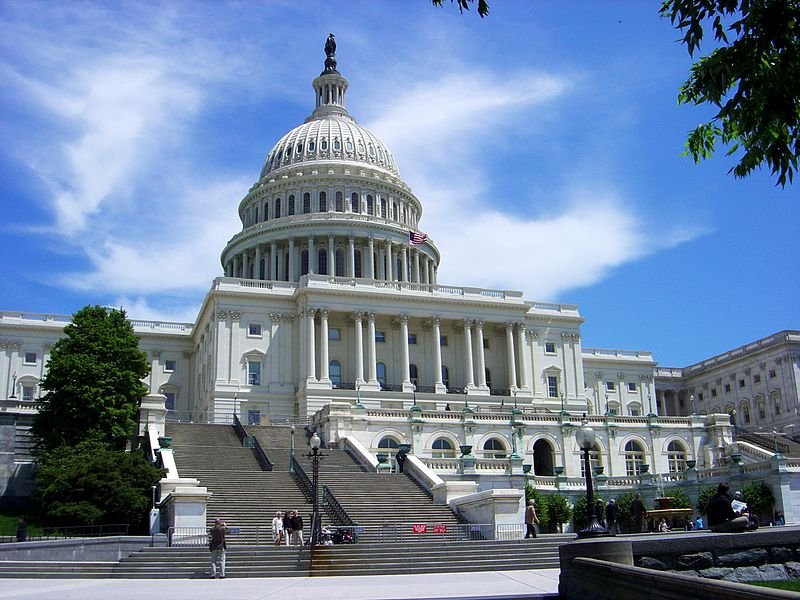Recent events at California State University, Los Angeles (CSULA), have brought a disturbing resurgence of anti-Semitism to the forefront. Violent protests aimed at silencing pro-Israel voices have created an atmosphere of fear and intimidation for Jewish students. This hostility draws unsettling parallels to Kristallnacht in Nazi Germany, an infamous night of anti-Semitic violence that left an indelible scar on Jewish history.
Kristallnacht, or the “Night of Broken Glass,” occurred on November 9-10, 1938, marking a horrific escalation in Nazi persecution of Jews. Synagogues were burned, Jewish businesses were vandalized, and thousands of Jews were arrested and sent to concentration camps. This state-sanctioned pogrom sent a clear and terrifying message that Jews were no longer safe in Germany.
Today, while the scale and context are different, the underlying sentiment at CSULA remains alarmingly similar. Jewish students report feeling unsafe and unwelcome due to the aggressive actions of anti-Israel protestors. These protestors have not only disrupted events but have also created an environment of fear, effectively holding the university administration hostage to their demands.
This comparison is not made lightly; it underscores the gravity of the situation for Jewish students. The administration’s apparent inability or unwillingness to protect these students exacerbates their vulnerability. When protestors can violently disrupt campus events with little consequence, it sends a chilling message that Jewish students’ safety and rights are secondary to the appeasement of aggressive factions.
The issue extends beyond CSULA, as recent incidents in Brooklyn illustrate the coast-to-coast nature of this threat. The home of a Jewish museum director in Brooklyn was defaced with anti-Semitic graffiti, highlighting that Jewish communities across the country are facing similar hostilities. This nationwide trend of anti-Semitism underscores the urgency for decisive action.
The parallels between Kristallnacht and the violence at CSULA, combined with the graffiti incident in Brooklyn, highlight a distressing continuity of anti-Semitic sentiment. Moreover, this stokes a deeper fear among Jewish students that something as extreme as the attacks on October 7 in Israel could happen in America. The brutal attacks on October 7, which saw coordinated assaults on Israeli civilians, serve as a stark reminder of the potential for violence driven by hatred. Jewish students in the U.S. fear that unchecked hostility on campuses could escalate into more severe acts of violence.
The historical resonance of Kristallnacht, coupled with the recent violent attacks in Israel, amplifies the fears of Jewish students, who see in these modern incidents a reflection of the past’s darkest days. The university’s administration’s failure to decisively address this violence not only undermines the safety of Jewish students but also signals a broader tolerance of anti-Semitic behavior. It is imperative that universities across the nation take a stand against this rising tide of hatred to ensure a truly safe and inclusive environment for all students and their communities.
Pictures of Tweet by @HuntedHorse
